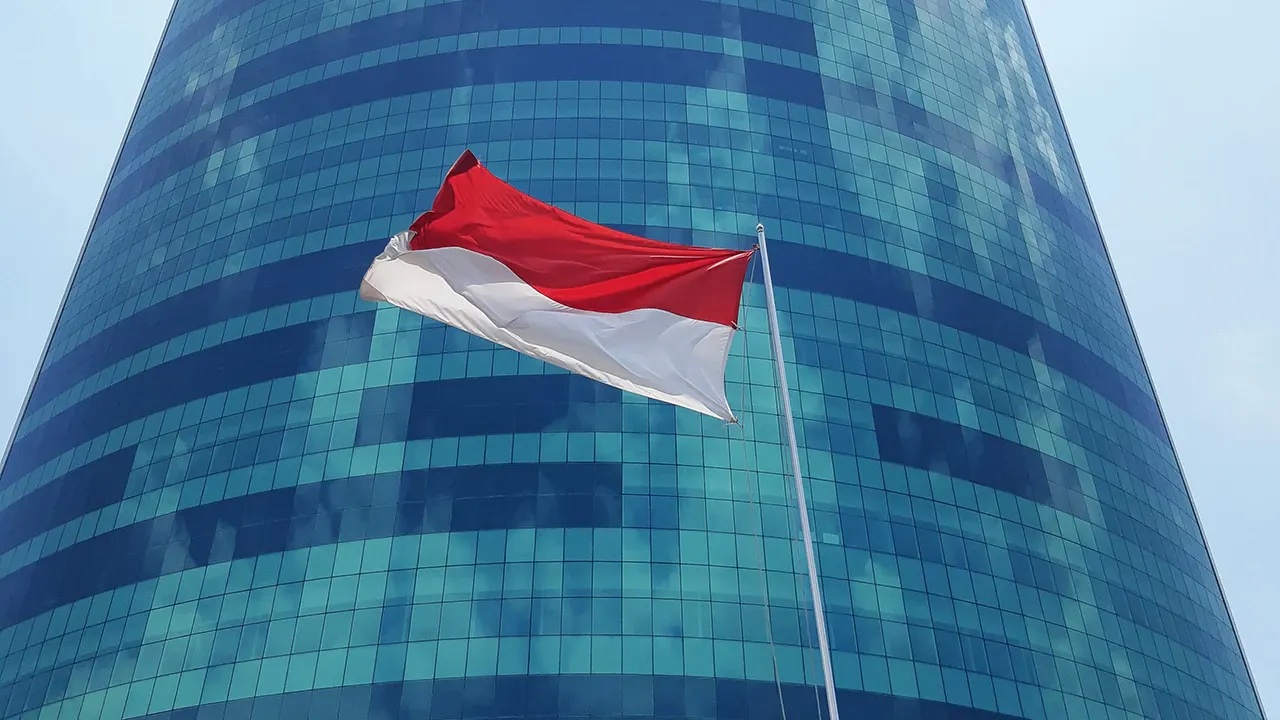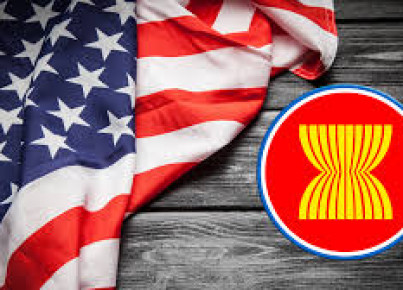The Indonesian economy is growing at a rapid pace, following a model that combines free market principles with State planning. During Jokowi's administration, state-owned companies have gained even more prominence. How will his successor Prabowo wield this tool?
Over the next twenty years, Indonesia could become the world's fourth-largest economy. Currently, it ranks seventh when measuring its GDP at purchasing power parity. The archipelago is endowed with abundant natural resources and a young, sizable workforce—two key factors for growth, albeit insufficient on their own. It also requires foreign investments and facilitating business activities. The Jokowi administration attempted to accomplish this in one fell and decisive swoop. In 2020, the Omnibus Law, a massive piece of legislation spanning about a thousand pages and touching many sectors, was passed. Even the trade policy follows the path of economic liberalization. Jakarta has intensified its diplomatic efforts to conclude an ambitious free trade agreement with the European Union and strongly opposes any foreign measure that may have protectionist effects on its exports, such as those from Brussels regarding palm oil.
Yet, despite the determined liberalizing push, State-Owned Enterprises (SOEs) continue to play a central role in the Indonesian economy, a role that has further strengthened in the last decade. Jokowism, as his government's economic doctrine is called, is a fusion of free market principles and robust State intervention. In Europe or the United States, where the market is deemed more efficient than the State by principle, such a mix would appear contradictory and even economically irrational. Not to Indonesians, nor to other Southeast Asian countries. This economic model, rewarded in recent decades by stable and vigorous GDP growth, predates Widodo and, as mentioned, is also present elsewhere in the region. In different forms, as described by Dr Gianmatteo Sabatino, a researcher at Zhongnan University of Economics and Law in Wuhan, in the excellent article The emerging trends of the modernization of state-controlled economy in the ASEAN space. The case of Indonesian State-Owned Enterprises (published on Rivista di Diritti Comparati, 1/2023).
Sabatino reconstructs how the Indonesian model of state-owned enterprise has evolved, starting from the commercial law of the Netherlands, which was transplanted into Indonesia during the colonial period, then passing through the regimes of Sukarno and Suharto. The independence process, officially sanctioned by the Indonesian Constitution of 1945, also involved the nationalization of Dutch public and private properties. Article 33 of the Constitution, still in force, states that ‘sectors of production which are important for the country and affect the life of the people shall be under the powers of the State’, as well as ‘the land, the waters and the natural resources’, which must be ‘shall be used to the greatest benefit of the people’. Article 33 also sets ‘economic democracy’ as the lodestar of the Indonesian economy. To implement these principles, Sukarno looked to the socialist economic planning model, also in line with his foreign policy of gradual rapprochement with the Soviet Union. This course was abruptly interrupted by Suharto's coup, supported by the United States to prevent Indonesia from definitively entering the Soviet orbit.
After brutally eliminating any socialist (or suspected socialist) elements, Suharto reversed course by promoting a liberalist economic model, albeit without much success. His reforms introduced corporate governance legal frameworks closer to those of Europe and America but clashed with the corporatism rooted in Indonesian society. Suharto's fall ushered in Indonesia's era of political-economic Reformasi, with the constitutional principle of economic democracy resurfacing and the emergence of a new ‘national’ development model. Despite demands from various sides, particularly from the International Monetary Fund, to continue with liberalizations and privatizations, Jakarta prefers to maintain the State's role in the economy. A well-administered public company can stimulate development and even facilitate the emergence of new private enterprises. Jokowi knows this well. His entrepreneurial career began as a manager of a State-owned cellulose factory and, after starting his own private business, the future president was repeatedly aided by SOEs in times of need.
However, Indonesian state capitalism is exposed to two serious risks. Private enterprises need personal and political contacts in the government to conduct business and cooperate with their State counterparts. A good network of contacts can keep a company afloat that would otherwise be destined to fail. This dynamic then produces the second problem: the risk of interest coalitions forming between ministries and companies that degenerate into corruption or paralyze decision-making processes. This is a significant problem, as a corrupt and unstable political system can deter the much-sought foreign investment. A ministry may put aside more important political goals to prioritize protecting the companies it owns, even at the expense of clashing with other ministries. For example, negotiations with the EU for the free trade agreement were greatly hindered by internal divisions within Widodo's cabinet, with each ministry taking sides for or against certain issues. Perhaps the Ministry of Agriculture would want to reject every European request regarding palm oil, even at the cost of completely blocking the negotiations, to appease a core constituency of the minister. The Ministry of Industry, on the other hand, would be eager to conclude the agreement as soon as possible, to gain greater access to the European market for (its own) manufacturing companies.
Widodo's successor, former general Prabowo Subianto, may rely on SOEs to promote his policies, unless he intends to change this economic doctrine. It is unlikely that he will, considering that Jokowism is extremely popular and allows for mobilizing the country's growing economic resources for other purposes. It is more difficult to anticipate what these purposes will be. Fulfilling the constitutional principle of economic democracy? Growing the economy, fairly and sustainably, or just focusing on the GDP growth percentage? Or perhaps strengthening his own power system? The proliferation of SOEs under Jokowi recalls a similar trend observed in Xi Jinping's China. The key difference is that in Indonesia, the actions of ministries, and thus their enterprises, can be subject to political debate and change from one legislature to another. As Sabatino points out, the timing of development planning is appropriately synchronized by Indonesian law with elections. Electoral results impact the business choices of SOEs. Borrowing a famous expression associated with China, the ‘capitalism with Indonesian characteristics’ presents unique and undoubtedly interesting elements, as it is an alternative and almost opposite to Western capitalist practices, destined to lead the archipelago to the podium of world economies.






